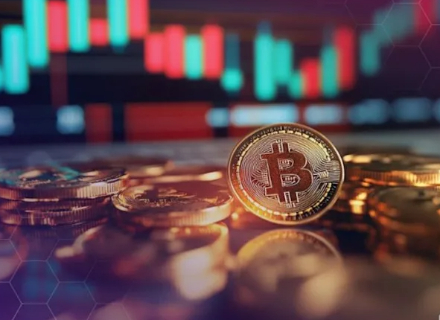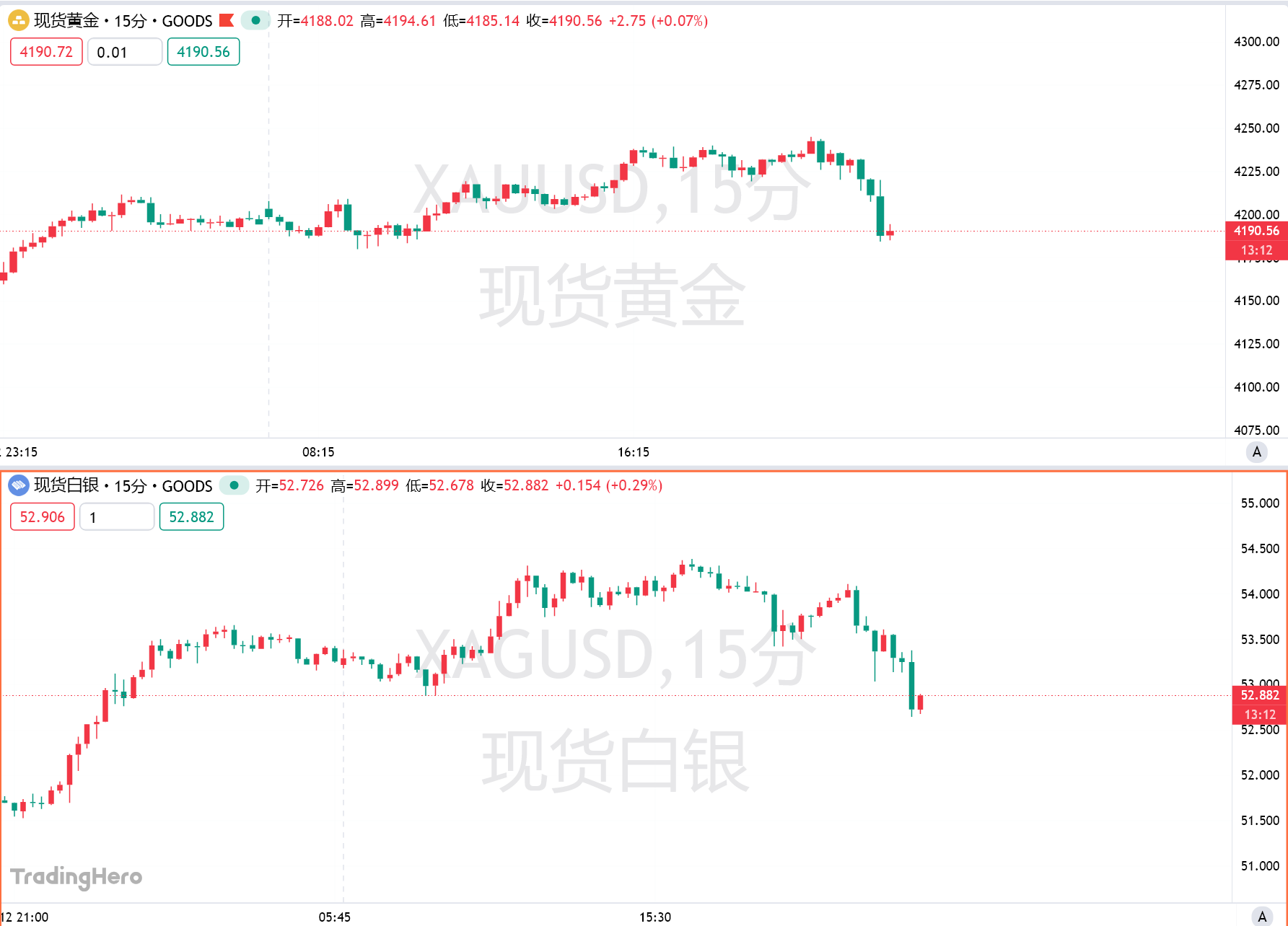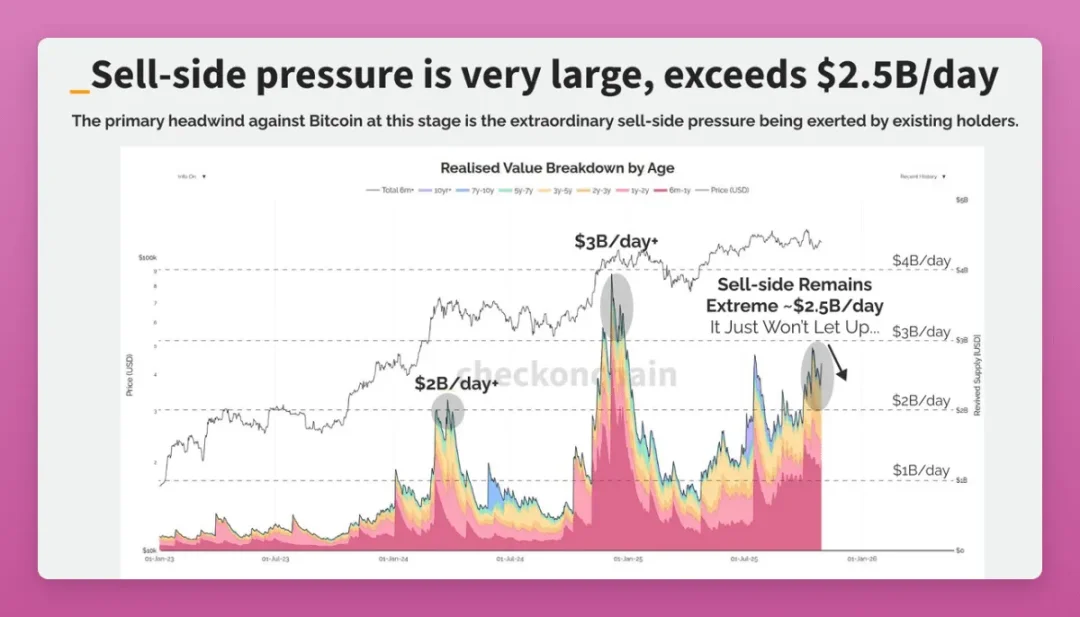Lido DAO votes to enable dual governance, giving stakers veto power
 2025/06/27 16:00
2025/06/27 16:00
The governance DAO of Lido, Ethereum's largest liquid staking protocol that currently manages over a quarter of all staked ETH, is set to give its stakers the ability to delay or veto governance decisions following a near-unanimous vote.
The dual governance system is intended to safeguard against a scenario where Lido's LDO token holders, who are the only ones allowed to create and vote in favor of governance proposals for the Lido DAO, attempt to vote in a proposal that would negatively affect Lido's stakers or Ethereum itself.
In the new paradigm, Lido stakers (those who hold stETH tokens) will be able to register dissent against DAO proposals by depositing stETH into an escrow contract. If at least 1% of Lido’s total staked ETH is deposited in the escrow by dissenting stETH holders, the proposal is delayed for an initial period of 5 days, with the time delay increasing as more stETH tokens are deposited.
If 10% of the total stETH supply is locked, the proposal is frozen and the protocol enters a Rage-Quit state —no new proposals can execute until dissenting stakers have fully withdrawn or the DAO drops the measure.
The unique structure, which has been discussed for years , grants stakers the ability to object to controversial proposals, and gives them enough time to rally support for the cause. Lido called the vote "one of the most important protocol upgrades across the Lido ecosystem" in a post on X .
The main phase of voting for the proposal ended with 53.6 million LDO tokens voting in favor, narrowly surpassing the 50 million LDO needed for quorum, and just 1.18 LDO opposed, from a single dissenter. Turnout was in line with previous Lido DAO ballots, which often clear the 50 million-token quorum by only a few million despite near-unanimous support. Barring a massive last-minute organized opposition to the vote during the "objection" phase, which only allows LDO holders to either vote "No" or change their vote from "Yes" to "No," the vote will finalize on June 30 at 10:00 EDT.
"Dual governance isn't perfect, but it solves important problems," Ethereum co-founder Vitalik Buterin wrote on X . Buterin said the structure serves as an extra independent layer against "particularly harmful actions," and also explicitly allows Ethereum stakers to serve as stakeholders in the Lido ecosystem.
The price of LDO has risen about 3.5% in the past 24 hours, according to The Block's LDO Price page , compared to a 0.8% gain in the price of ETH. About 25.7% of staked ETH is staked with Lido, according to a Dune dashboard .
Disclaimer: The content of this article solely reflects the author's opinion and does not represent the platform in any capacity. This article is not intended to serve as a reference for making investment decisions.
You may also like
Mars Morning News | ZCash shielded pool assets reach 23% of total supply, network usage surges
The potential end of the U.S. government shutdown means the SEC and CFTC will resume crypto regulatory work. The SEC may prioritize support for tokenization businesses, while the CFTC plans to promote spot crypto trading. The Hello 402 contract has been exposed to risks of unlimited issuance and centralized manipulation. The probability of a Fed rate cut in December is 69.6%. Summary generated by Mars AI. The accuracy and completeness of this summary are still being iteratively updated by the Mars AI model.

The Federal Reserve pours cold water, December rate cut expectations plummet!
San Francisco Federal Reserve President Daly, who has consistently supported interest rate cuts, also sent a cautious signal on Thursday. Market expectations have quickly reversed, with short-term interest rate futures now showing only a 55% probability of a Fed rate cut in December...

Has sector rotation in the crypto market really failed?
With BTC maturing first, ETH lagging behind, and SOL still needing time, where are we in the cycle?

Prospects of Ethereum Protocol Technical Upgrade (1): The Merge
This article will interpret the first part of the roadmap (The Merge), explore what technical design improvements can still be made to PoS (Proof of Stake), and discuss ways to implement these improvements.
